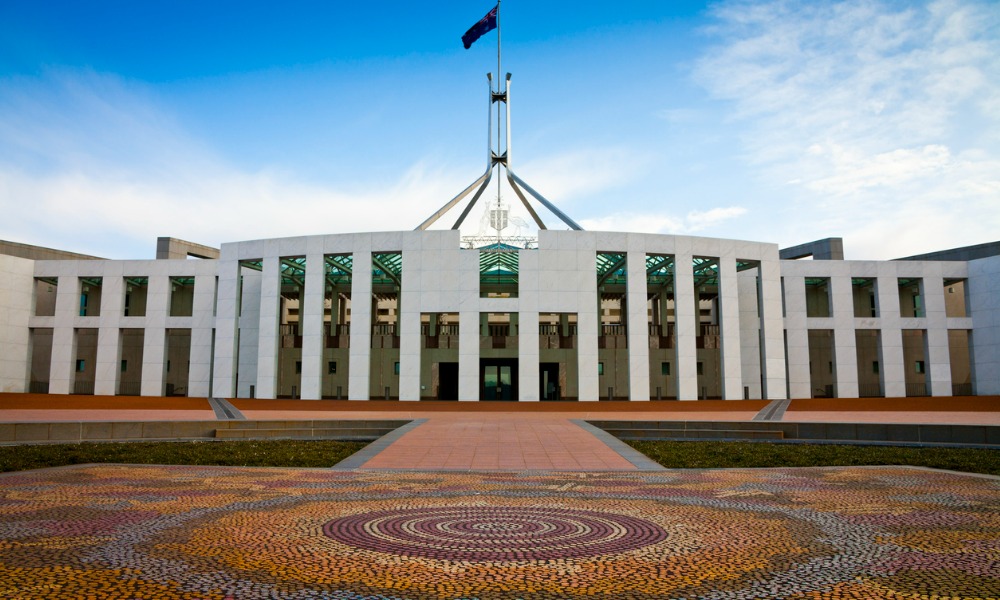
List of protected attributes at work expanded to match other Commonwealth anti-discrimination laws

Amendments to employment law brought about by the Fair Work Legislation Amendment (Secure Jobs, Better Pay) Act 2022 have received mixed reviews from various stakeholders.
The recent law is reportedly the first tranche of the government’s workplace relations reforms created to advance the nation’s workplace relations system. The government had also said that reforms seek to “become relevant to the needs of the modern workplace.”
The government insists that the changes continue its commitment to strengthening anti-discrimination protections.
However, employer groups have voiced disappointment about the changes to industrial relations laws.
According to the Department of Employment and Workplace Relations, the reforms had added “gender identity, intersex status and breastfeeding” to the list of protected attributes at work. The provisions also deal with discriminatory terms in agreements, awards and general protections.
Employers are now prohibited from taking adverse action against current or future employees because of these attributes from 7 December 2022.
Previously, the law protected against workplace discrimination based on the following:
“This list was no longer up-to-date due to the evolution of other Commonwealth anti-discrimination laws,” the department said.
Employers across Australia are being told to improve their gender equality policies. Why? The country's gender pay gap stalled at 22.8% in 2022.
The reforms are expected to prohibit sexual harassment in connection with work, which includes the workplace. The much-anticipated protection will apply to:
However, the law clarified that the protection wouldn’t apply to sexual harassment of a worker that starts before 6 March 2023.
It should also be noted that any person or company will be liable for sexual harassment committed by an employee or agent in connection with work unless they can prove that they took all reasonable steps to prevent sexual harassment.
The Fair Work Commission would also have expanded powers to deal with disputes about sexual harassment, including arbitrating disputes by consent. Someone who experiences sexual harassment in connection with work, or an industrial association entitled to represent them, will be able to pursue civil proceedings if the commission can’t resolve their dispute.
Additionally, the Fair Work Ombudsman will be empowered to initiate court proceedings for alleged violations of the new prohibition.
A “stop sexual harassment” application to the commission is still available for anyone who has experienced sexual harassment before the above-stated date.